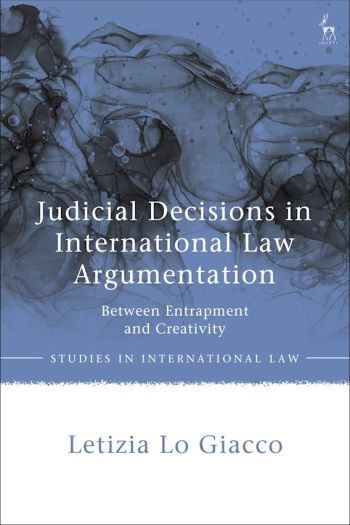
This book explores the question of how the multiplication of judicial decisions on international law has influenced the way in which legal findings in international law adjudication are justified. International law practitioners frequently cite judicial decisions to persuade. Courts interpreting international law are no exception to this practice. However, judicial decisions do much more than persuading: they enable and constrain interpretive discretion.
Instead of taking the road of the sources of international law, this book turns to the somewhat unchartered terrain of legal argumentation. Using international criminal law as a case study, it shows how the growing number of judicial decisions has normalised courts' resort to them in legal justification and enabled some argumentative practices to become constitutive of international law. In so doing, it critically revisits the implications of an iterative use of judicial decisions, and reassesses the influence of the 'judicialisation turn' on the ways in which the meaning of international law is formed, shaped and reshaped by reference to judicial decisions.